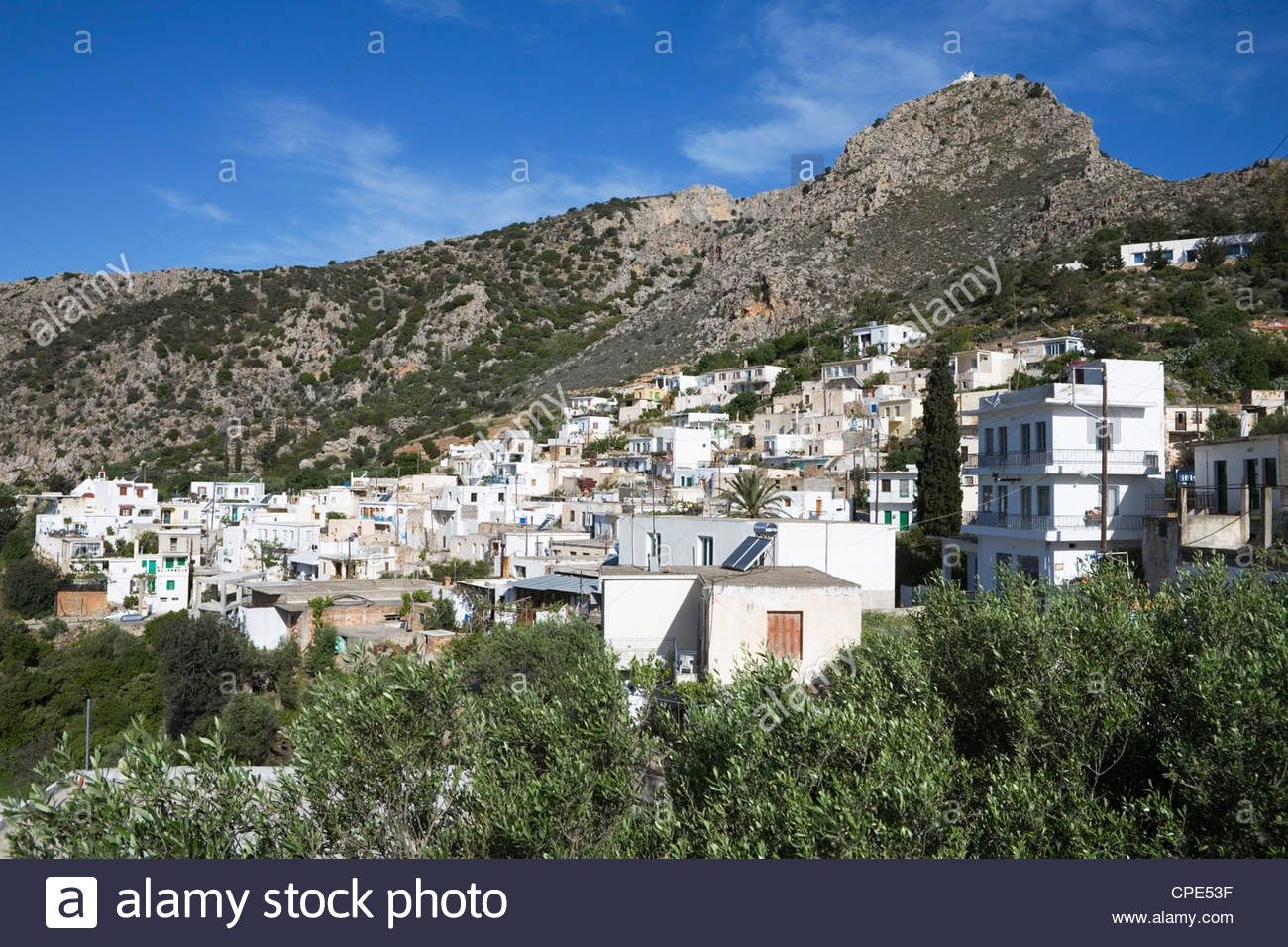I vaguely recall a story which hangs on the following premise: there’s a Greek word which can either mean lot or some type of food (omelette?).
This one continues to have me stumped. Both the Homeric moros and the Classical moira “fate” are derived from the word for “share”, just as “lot” in English is. moira has been a homophone of myrrha “myrrh” for maybe 1500 years (first as /myra/ then as /mira/); but I’m not seeing that pun.
Of Modern synonyms, other than those in Konstantinos Konstantinides’ answer, there’s
- ɣrafto “what is written”
- riziko “what is at the root” (possibly also the etymology of risk, though I think the semantic development is different: risk < shoal at sea < boulder fallen from a cliff < cliff < (mountain root)”: What is the etymology and origin of the word “risk”?)
- pepromeno “what is fulfilled” (ancient participle, learnèd)
Nothing obvious there. The only halfway possible parallel, from this Synonyms Blog: μοίρα, is meriða. The main meaning of the word is portion (of food), and you can order a meriða of lamb at a restaurant. But the synonym list posits it’s also a synonym of fate (via the same metaphor of sharing as lot and moira.) That meaning is not given in the Triantafyllidis Dictionary, but it is one of the definitions given in Kriaras’ Dictionary of Early Modern Greek (Nathanael Bertos, 15th century: “The blasphemer has no part with God, but his portion is rather with the traitor Judas”), so it must have survived in some dialect or other.
Here’s a PhD on Bertos, if you feel like reading up on 15th century sermonising in Greek: http://ikee.lib.auth.gr/record/2…. Yes, the PhD is in Greek too.
This seems like a stretch; I’m sure that word isn’t it either. Thanks for the Google search you made me do though. Turns out Bertos’ homilies have just been published by Athanasiadou-Stephanoudaki, who wrote that PhD; I didn’t know that, and it’s always good to get more Early Modern Greek prose!
EDIT:
I think I’ve got it.
A strapatsaða is one of the names for a tomato and feta omelette; it’s also known as kaɣianas (from Turkish), and it’s equivalent to the Turkish menamen.
strapatsaða < Venetian strapazzada < strapazzare.
strapazzare: to abuse, maltreat something; to chop into little pieces.
There’s another cognate of strapazzare in Greek: strapatso “disaster, fiasco”.
It’s not the notion of “all sorts of stuff going on”, which OP recalls (and which is proverbially is associated with omelettes). But it’s the closest I’m getting.
